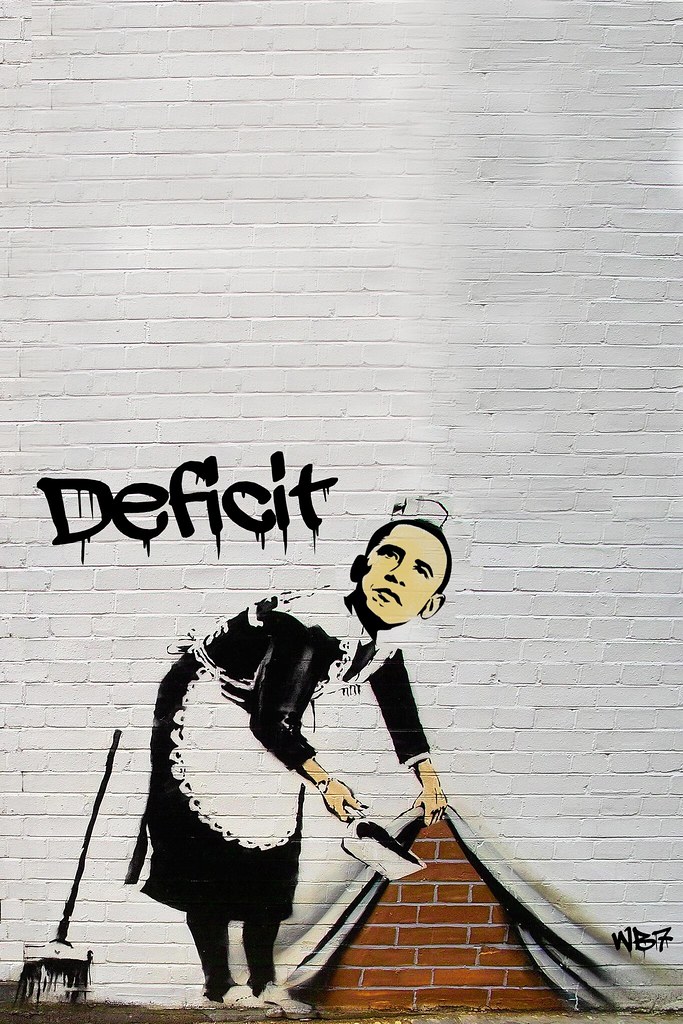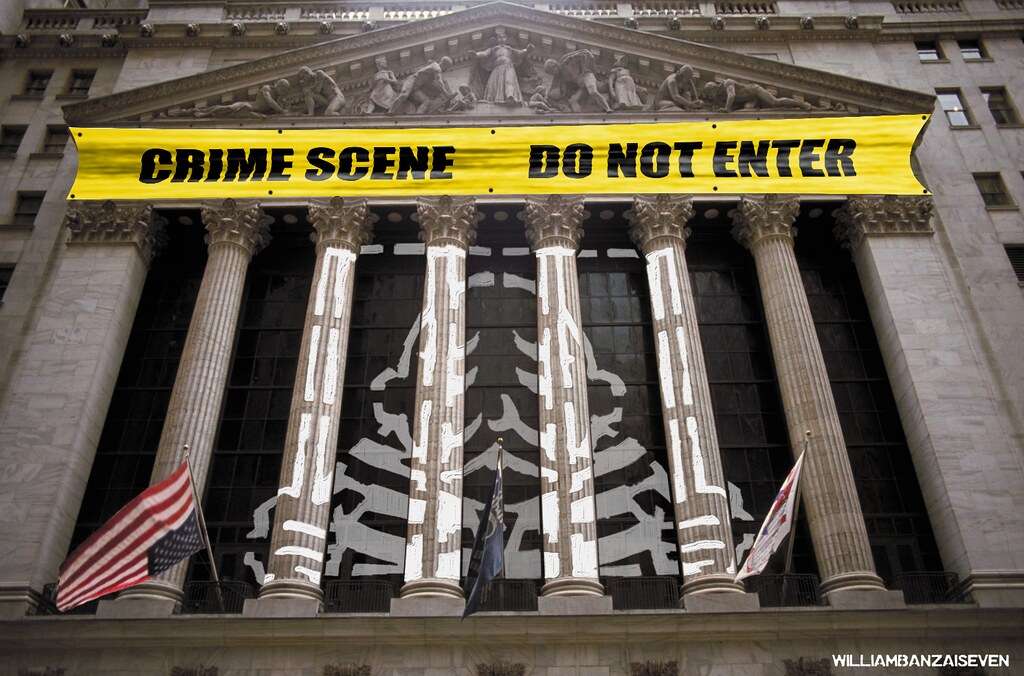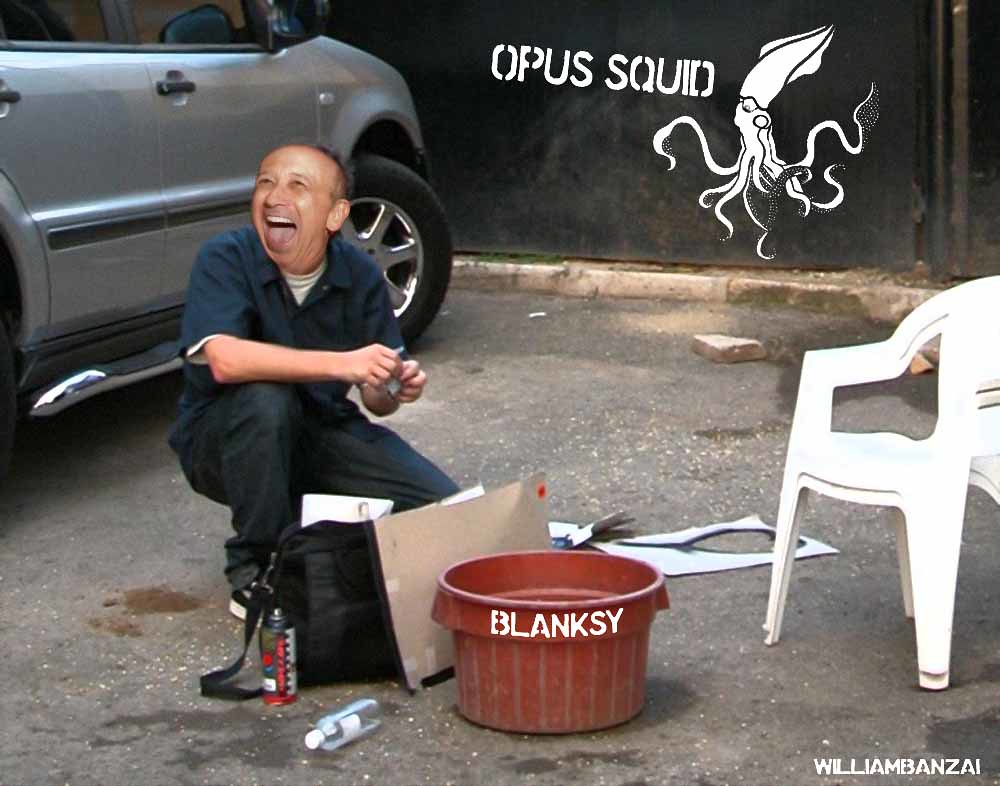In this exclusive interview with Birch Gold Group, former Congressman Ron Paul shares his opinions on a number of topics, including investing in physical gold and silver, the future of the U.S. dollar and the role of the Federal Reserve.
Full audio if the following interview is available here.
Rachel Mills for Birch Gold Group (BGG): This is Rachel Mills for Birch Gold Group. I am speaking with Ron Paul today. How are you, Ron Paul?
Ron Paul (RP): I am doing very well. Nice to talk to you Rachel.
BGG: It’s good to talk to you again, and by the way of information for Birch’s audience, I was your last press secretary on Capitol Hill in Congress and I worked for you for the 5 years. So I may be cheating a little bit because a lot of your answers to my questions I maybe have a pretty good guess at what you might say.
RP: Okay!
BGG: But, just really quick – today with you I’d like to go over several things. But I’d like to ask your opinion on things like Janet Yellen as the next Fed Chair, about debt ceiling and shutdown issues. I want to get into, briefly, if you are still a buyer of gold even though it is so “expensive”. But first I wanted to introduce Birch Gold’s listeners to your background a little bit because I think it’s fascinating. In 1971, Nixon closed the gold window which led to the end of the Bretton Woods agreement. That was very important event for you, I know for sure, because you knew at the time that it would eventually destroy the currency, which we are still experiencing. And you said that that was what got you into politics to begin with. Had you been reading Austrian economists before that?
RP: Yes, for a good while. As a matter of fact, it was 1971, there was confirmation of the Austrian economic writers who had been predicting that would happen as early as Henry Hazlitt said when the IMF was set up in 1945. He said it wouldn’t work and Bretton Woods would break down. And by the 50′s and the 60′s people were rejecting it and it was so artificial and it was fragile. So people did know that it was coming, and mainly it was coming because the governments pretended that the dollar would be as good as gold at $35 an ounce forever, yet they kept printing dollars and it was pretty simple logic to figure out there’ll be a limit. The governments worked real hard to convince the people that there was no problem, that the dollar would always be valued at $35 an ounce.
But finally the market overwhelmed. The politicians and Congresses, and Central Banks can manipulate things for a while but eventually if they are out of sync with the market, the market will overwhelm. And even if the government won’t permit it legally to do it, it just drives the whole system into the underground economy. So fixed exchange rates and different things don’t work, they just hide the fact. But in 1971, it was confirmation that everything that the Austrians were saying as far back as the beginning of the Bretton Woods, that was true. And of course we’ve been suffering the consequences from that ever since.
BGG: Yeah and I’ve heard people argue that the dollar is doing well against other currencies. But I know for Austrians and for people who understand gold, like you and me, that’s not much solace because it’s all on a race to the bottom.
RP: Right and the ultimate measure of the value of the currency is what it purchases, so gold is a good indicator long term, I don’t think it’s a good indicator short term, because there are a lot of factors, just like in the 50′s and 60′s, they were able to hold gold at $35 an ounce when it should have been $235 an ounce! But anyway, overall in the long term it’s what the dollar will purchase. And even though our government tells us today there is no inflation, they are trying to get prices to rise at at least 2% a year, yet there are some things in our economy, the prices are soaring: the price of a bond, the price of education, the price of medical care – all of these things are going up.
So there is a lot of price inflation, but that’s the ultimate tests. You can measure one currency against another, gold is a long-term indicator. But if none of the prices were affected by printing money, it would be no big deal. But they are and of course the major problem is not only the price increases, it’s the malinvestment, the overinvestment, the bubbles that form and the corrections that have to come. That’s where the real problem is, in addition to the cost of living going up and hurting the poor and the middle class, much more so than it will the wealthy.
BGG: Right, which leads nicely to Janet Yellen as the next Fed Chair, as recently has been announced. What do you think of Janet Yellen? Do you think she’s going to solve all our problems?
RP: No, she’ll make them worse. She’s inherited a mess, although she was a participant in the mess and she always argued for more inflation. One thing I find a little bit interesting is that she has a reputation for transparency. She wants to tell the markets exactly what their decisions are early on and let the markets know what they are doing. But if it comes true transparency, like allowing an audit of the Federal Reserve, and letting us know who they bail out and when they bail out and what they did in ’09 with their trillions of dollars, and all the international transactions, there’s no way that’s going to be permissible. Because that’s where all the power and control is accomplished, it’s behind the scenes with the Fed on international transactions.
“The longer [Quantitative Easing] lasts, the worse the correction will be when eventually people give up on our dollar and give up on our debt.”
But if anything, she takes a position, not only did she endorse what Bernanke was doing, she was always much more dovish on trying to prevent prices from going up and having, you know, price inflation. She was arguing the case for even more, so the odds of her having the guts or the wisdom to start backing off the purchase of debt, it’s slim to none. So that will certainly continue and it’s still working on the surface. The longer it lasts, the worse the correction will be when eventually people give up on our dollar and give up on our debt.
BGG: So do you think Larry Summers would have been any better? He was rumored to be Obama’s preferred choice. What do you think?
RP: No, the policies wouldn’t be all that different, even if he had been slightly more reserved in credit creation. He was also a person that would… there is a subjective factor in markets too – and he would have added as another subjective factor because people didn’t like him. And he might be just, you know, annoying the marketplaces because that is a factor, they might trust him less. But overall they’re very much the same – both of them. Anybody who can even be considered to be Chairman of the Federal Reserve will be an endorser of Keynesian economics, that the lender of last resort is crucial for the banks and all the currencies and Central Banks of the world.
And they believe, though of course, the most important role for the Fed – and Congress never talks about it, but they secretly acknowledge it – without the
Fed, who would buy the debt? And if somebody didn’t buy the debt, interest rates would soar. So even this big talk about all the arguments in Washington on the issues of war and spending and welfare and debt, they’re in total agreement with each other, and they all support the Fed’s role in being not only the lender but the printer of the last resort. Print what you need… but just common sense tells you that this can’t last.
“Since they will not work out of [Quantitative Easing] gracefully and deliberately, we will probably go on to having a major crash of the dollar.”
BGG: Who would’ve you picked?
RP: I would’ve picked nobody. I don’t think we should have a Fed, so I wouldn’t pick a Chairman. But even though in the Presidential campaign when they pushed me – “well, you’ll have to pick someone to unwind it” or something like that – I always threw out Jim Grant’s name. Because I’ve known him, he’s an Austrian economist, he knows that monetizing the debt is bad and if they were trying to work on a transition, somebody like that, you know, would move us in the right direction. But he wouldn’t last either because if he decided right now to only buy $75 billion worth of government debt per month, the markets would crash probably and then they would want to throw him out. So it’s a system that is very friable and unworkable and since they will not work out of it gracefully and deliberately, you know, we will probably go on to having a major crash of the dollar – that’s what I see happening.
BGG: Yeah, scary. Moving on, I wanted to ask you about the debt ceiling. We are up against the debt ceiling again, as we always find ourselves every few months it seems. And so, we’ve had an impending crisis if they don’t raise the debt ceiling, which everyone expects they will find a way to raise it. But then, before you know it, we will be right up against it again. So what is the point of the debt ceiling anymore?
RP: Well, it was intended to restrain government but some people don’t even like it, they want to get rid of it, just so the government never has to be hesitant in spending as much as they want. But you’re right: Once they raise it, they just go back to doing the same thing. The debt ceiling isn’t as necessary – this October 17th day isn’t as crucial as they pretend, because that’s an arbitrary date. They could have picked the 16th or the 20th or any date they wanted.
Besides, the national debt hasn’t moved since May because they’re always taking money elsewhere and spending it and paying all the bills. So they can continue to do that for a week or a month or a year if they really wanted to. Just pay the bills as the money comes in and they could always pay the interest rates. And the other thing… if, say, we were in charge and we wanted to change things to work our way out of it and we wanted to deal with this national debt, just eliminate the debt we owe to the Federal Reserve. We pay a lot of interest to the Federal Reserve and they turn this money and they use this money for all kinds of things, so I would just wipe that debt off the books. But if we did that today, that means they would have a lot of room for more debt – that would lower the national debt by $2 trillion.
BGG: Yeah but it wouldn’t solve the spending problems…
RP: This government would spend more money if we got this freebie! But I would only think that would be worthwhile thinking about it is, you know, to tide this over and work our way out of it. But when the reforms are necessary when a crash comes and if we have to pay off the debt, you don’t have to pay the debt to the Federal Reserve if you are going to eliminate it or restore confidence and quit printing and quit monetizing debt – you could eliminate that. There is no moral obligation, there is really no legal obligation either because the institution isn’t even constitutional, you know…
BGG: …institution to begin with, yeah. It seems like debt ceiling, the only purpose anymore is just to create an artificial crisis which Washington seems to thrive on.
RP: Yeah they do and then they argue which authoritarian is going to run they show. And they don’t argue over the issue, it’s just the matter of which one, and then they are always talking about compromise, but they’re never talking about compromise between two authoritarians who want to manage the economy in different ways. They always want those who believe in limited government, the Constitution and freedom to give up so much of it, and then they call it, you know, a “good” thing to sacrifice liberty for the benefit of the authoritarians. But the authoritarians are in charge and I don’t think that people who don’t believe in that system should yield anything.
I think that we all should stick to our guns and say that the rule of law is important, our privacy is important, our First Amendment is important, the way we go to war is important, and never give in. But right now these battles that we have when it comes down to shutting down government as a political stunt or the debt limit, it’s another stunt for the two variations of compulsion, you know, by government. They’re fighting over who has the power. And I think the American people are sick and tired of it, and rightfully so, but I don’t think they fully understand that it’s actually where the divisions are. They keep thinking that, you know, if those of us who believed in limited government would just give in and say, “Okay, go ahead and increase the national debt instead of by $1 trillion, increase it by $500 billion and worry about it next week”, and that’s supposed to be a good type of compromise. It solves nothing and makes our problems worse.
“I would think people who are in it for the long term, it looks to me like this would be a very good time to buy gold.”
BGG: Yeah, and that’s why I appreciate Birch Gold trying to educate people and win on that front, I know it’s important to you. But I wanted to ask you: Are you still a buyer of gold? It has gotten so “expensive”, some people even say there is a gold bubble. Is it possible for gold to be in a bubble?
RP: Well, it can get out of whack, people can buy… right now, of course gold is in a bit of a correction. So it’s different than a bubble that occurs when the interest rates are very low in the dollar system and then people overdo things and they overbuy. But markets aren’t always smooth, and the gold market isn’t smooth, so it goes up, it might go up too much, and at times too fast and then it makes a correction because the traders are in there and they have all kinds of motivation. If people look at it long-term, you know, from when the Fed started when it was $20 an ounce up to the time it went up $1,900 an ounce, you know, that’s more of the trend. Of course now it’s down. Instead of people arguing that it’s too “expensive”, I would think people who are in it for the long term, it looks to me like this would be a very good time to buy.
BGG: I would think so.
RP: So some people might say, “Oh well no, it’s too expensive, because it used to be $1,000 or $500 and I
’ll wait for that.” No, I think this is a good time. I personally don’t get too much involved because I bought my insurance a few years ago at a different price. I look at gold as insurance and others will, you know, others might be just at a time where they can start buying their insurance against the dollar fiasco, and I would say this is as good time as any.
BGG: Yeah, I have a family member, I won’t get too specific who, but a family member who is inquiring about gold. It’s interesting to me because this person is not someone who is typically into economics and the things that I talk about. But now she’s looking around and getting a little bit nervous and thinking that gold might be a good investment, but wondering if it’s too late to jump in. So…
RP: Certainly if they thought it was too late that means that they must trust the government to balance the budget, and trust the Fed not to print any more money and that you’ll never see prices going up. And most people don’t buy into the government’s argument that the cost of living isn’t going up. People on fixed incomes… and this is one thing that conservatives and libertarians don’t give much credibility to, because we don’t like the setting of wages, you know, and pushing up minimum wages with the law… but the truth is, the cost of living has gone up much faster than the minimum wage.
But that’s characteristic: Cost of living goes up much faster than Social Security benefits. But the fault there is the currency, not the fault of laws not matching up with the system and compelling businesspeople to pay a certain amount. But no, I think the cost of living – which isn’t inflation in the ordinary sense – is very, very serious and that’s why people are saying, “I need more money, send me more money on my Social Security check” or “Send me more money by another law, the minimum wage law.” And this misses the point because it really is the nature of money and deficits and what the Fed does.
BGG: Right. Well, how is retirement treating you? Are you retired?
RP: Not really. I’m retired from Congress and that is good. Not that I didn’t enjoy working there with my staff but…
BGG: You have to say that!
RP: I’m just glad I’m not going back and forth on airplanes, on John Boehner’s schedule. But I have a lot of activities going on: I’m working hard on homeschooling, I have a curriculum on homeschooling, which I like, and the Internet programming, I do some radio broadcasting and write a book now and then, so I’m very happy with my schedule.
BGG: Yeah, I’ve looked into your homeschooling curriculum and I’m a subscriber to the Ron Paul Channel, so it’s all very exciting.
RP: Wonderful. Hey, RonPaulChannel.com.
BGG: Good! Well thank you so much for joining me today. I really enjoy talking to you. Again, my old boss, Congressman Ron Paul. Thank you so much.
RP: Thank you Rachel.







via Zero Hedge http://feedproxy.google.com/~r/zerohedge/feed/~3/7-c2DxJNG0w/story01.htm Tyler Durden
Dr. Karnit Flug has been the Deputy Governor of the Bank of Israel since July 2011. She was appointed as Deputy Governor by the Israeli Government, in accordance with the Bank of Israel Law, 5770-2010 and with the recommendation of the Governor of the Bank of Israel.
![]()


























